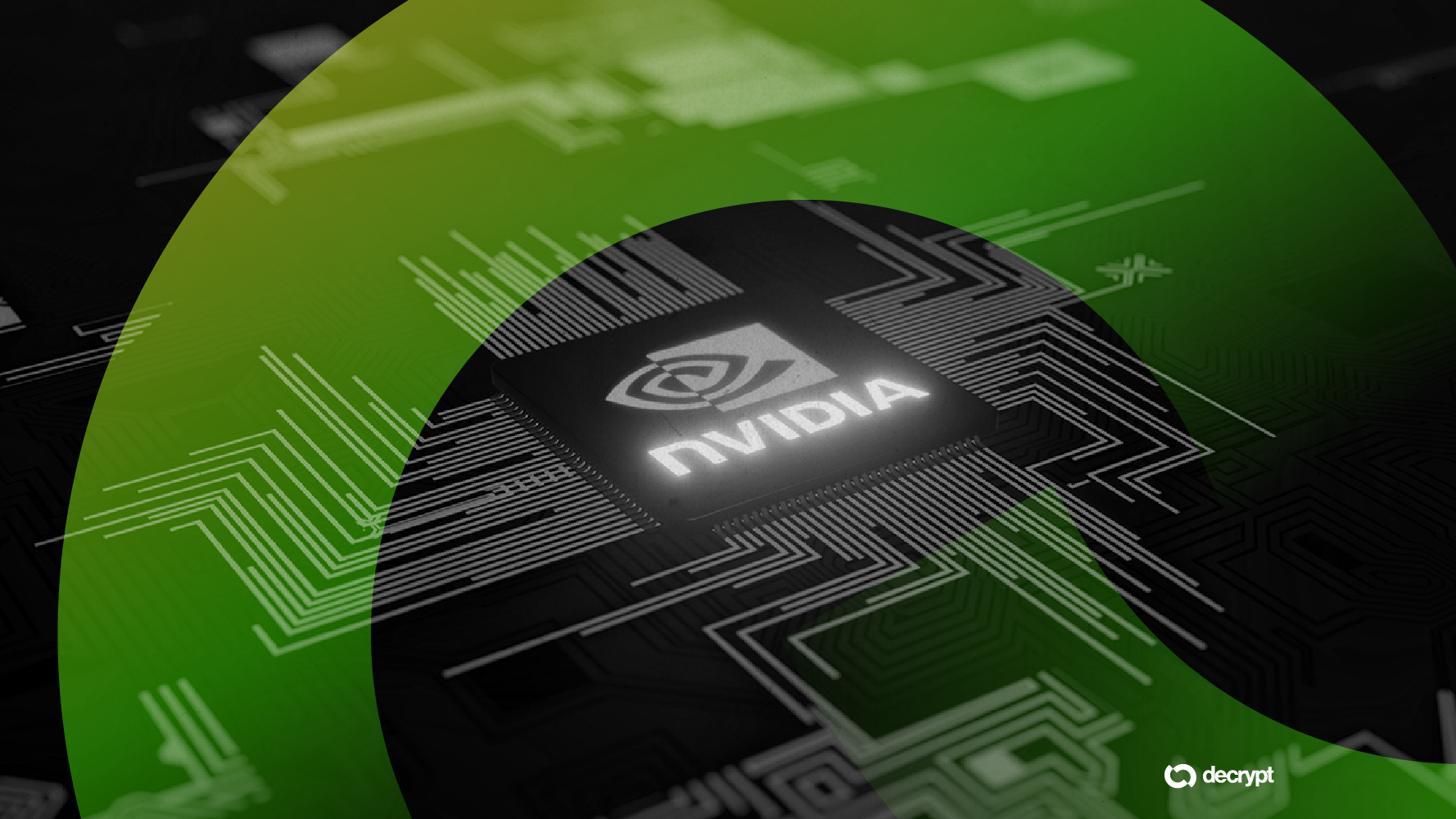Genesis Lawsuit Threatens to Derail Grayscale’s Landmark $33B IPO
As Grayscale pushes ahead with plans for a $33 billion initial public offering, mounting legal troubles tied to the collapse of Genesis Global Capital are threatening to overshadow the milestone listing, according to the Financial Times.
Barry Silbert, the founder of Digital Currency Group (DCG), is spearheading the effort to take Grayscale public, a move that would mark the first major public offering by a crypto asset manager.
But ongoing lawsuits connected to Genesis’s bankruptcy continue to cast uncertainty over the process.
DCG’s Legal Woes Deepen as Genesis Committee Files $1.2B Suits Ahead of Grayscale IPO Plans
In May 2025, the Genesis Litigation Oversight Committee (LOC) filed two separate lawsuits, one in Delaware’s Court of Chancery and another in the U.S. Bankruptcy Court for the Southern District of New York.
The Delaware complaint accuses Silbert, DCG, and other insiders of treating the insolvent Genesis as DCG’s “treasury,” alleging that the group “recklessly operated, exploited, and bankrupted Genesis.”
The filing claims the defendants manipulated disclosures and misused creditor funds, while the LOC seeks “in-kind recovery of cryptocurrency” for creditors who had entrusted their assets to Genesis.
The bankruptcy court complaint seeks to claw back more than $1.2 billion in transfers made prior to Genesis’s collapse, including what the committee described as improper payments under a “tax sharing agreement” that it argues never existed.
DCG and Silbert have moved to dismiss the suits, maintaining that they acted in good faith amid a broader market crash that saw several crypto lenders fail.
A DCG spokesperson said the company and its advisers “worked tirelessly to try and save Genesis and prevent its bankruptcy” during a period of widespread market distress.
The renewed legal pressure comes as Silbert recently rejoined Grayscale’s board as chairman, reaffirming his role in steering the company’s IPO ambitions.
Industry observers note that underwriters and regulators will closely scrutinize DCG’s financial entanglements with Genesis and its disclosures to investors before any public listing moves forward.
The legal dispute traces back to the fallout from Three Arrows Capital’s collapse in June 2022, when the hedge fund defaulted on $2.36 billion in loans from Genesis.
DCG stepped in with a $1.1 billion promissory note to offset the losses, but the arrangement has since become a flashpoint in multiple court battles.
Genesis claims DCG and its executives used the note to obscure the true scale of the firm’s financial problems before bankruptcy. In response, DCG filed a countersuit in August 2025, seeking $1.1 billion in promissory note relief and $105 million in alleged overpayments.
The parent company argues that recoveries from Three Arrows Capital, estimated at $2.8 billion by May 2024, automatically reduced the note’s value to zero under their agreement.
DCG says it mistakenly continued to pay Genesis $106 million after the note was effectively void and is now seeking recovery of those funds.
Legal Turmoil Casts Shadow Over Grayscale’s Landmark $33B Stock Market Debut
Genesis, meanwhile, has pursued its own offensive, seeking $2.2 billion in digital assets and over $1 billion in allegedly fraudulent transfers through separate cases in Delaware and New York.
The company accuses DCG of extracting $450 million in crypto assets and nearly $300 million in international transfers as Genesis faced mounting liquidity issues.
Regulatory scrutiny has deepened the conflict. In January 2025, the U.S. Securities and Exchange Commission (SEC) fined DCG $38 million and former Genesis CEO Michael Moro $500,000 for misleading investors about the company’s financial stability following the Three Arrows collapse.
Court filings from the SEC case revealed that DCG executives were aware of over $1 billion in Genesis losses while continuing to present the business as solvent.
The legal turmoil has also drawn in other entities connected to Genesis. In September, the FTX Recovery Trust filed a $1.15 billion lawsuit against Genesis Digital Assets, alleging that FTX founder Sam Bankman-Fried used misappropriated exchange funds to buy Genesis Digital shares at inflated valuations between 2021 and 2022.
Despite the deepening litigation, Grayscale is moving ahead with its listing plan. In June, the asset manager confidentially submitted documents to the U.S. SEC.
También te puede interesar

Trump's stablecoin project USD1 has been listed on Aptos

What China Banning Nvidia Chips Means for the AI Race
